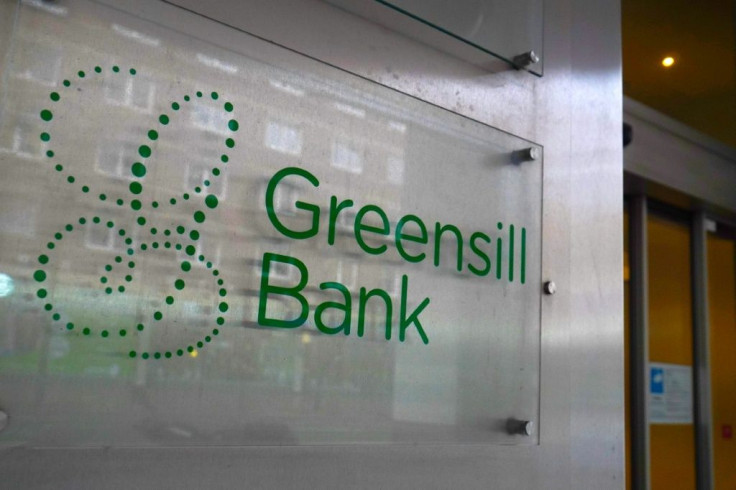German Municipalities Left Reeling By Greensill Scandal
In Emmerich, a small German town on the banks of the Rhine, Mayor Peter Hinze fears that his town is about to lose six million euros ($7.1 million) almost overnight.
"It's hugely frustrating," he tells AFP, adding that the 30,000-person town is preparing to lose around a third of its available funds.
Emmerich is one of dozens of German communities set to lose millions of euros which they had banked with the Bremen-based subsidiary of British financial group Greensill, now suspected of fraud and on the brink of collapse.
It was only last summer that the municipality began to invest with the innocuous Bremen bank, which was renamed Greensill in 2014 after it was bought by the British financial group.
Emmerich made the most significant payment at the end of February, investing five million euros with the bank.
Yet the next few weeks would prove disastrous, as the bank's operations were frozen by Germany's financial watchdog on March 3 and insolvency proceedings were opened against it on Tuesday.
Dozens of municipalities now stand to lose several hundred million euros of public money invested with the bank, whose assets were worth an estimated 4.5 billion euros.
Troubled UK finance firm Greensill went into administration on March 8 after encountering serious financial difficulties amid mounting doubts over its assets.
Savings of private customers at the German subsidiary bank are mostly safe because they fall within the scope of a compensation fund organised by private lenders that covers up to 75 million euros per account.
Yet that guarantee was removed for local authorities and major investors in 2017 after the damages caused by the 2008-2009 financial crash.
Some 20 municipalities in the country have at least 250 million euros invested with Greensill, according to an AFP estimate, while the German state of Thuringia reportedly has 50 million euros with the bank.

In total, German press estimate that 500 million euros of public money across 50 local authorities could be lost.
German financial regulator Bafin has since lodged a criminal complaint against the group, amid suspicions of accounting fraud.
Yet some believe the regulator acted too late, and criticised it for failing to divulge that it had audited Greensill in September and sent a special envoy to the bank in January.
"If the Bafin had informed the municipalities...we would never have invested 11.5 million euros with the bank in November," raged Thomas Fillep, treasurer for the northwestern town of Osnabrueck, at a press conference in early March.
In Emmerich, meanwhile, Mayor Hinze points out that the federal government had asked communities to "maintain their financial solidity and avoid losses through negative interest rates".
It is little wonder that many of them turned to Greensill when public savings banks and cooperatives are currently applying negative rates of 0.5 percent.
Financial expert and former Green Party MP Gerhard Schick also believes that German financial regulators acted too late.
"Everyone could see that Greensill was paying savers more than other banks," he told Spiegel weekly in an interview earlier this month.
According to Schick, the Greensill affair has "things in common" with other recent German financial scandals such as the collapse of Frankfurt investment bank Maple in 2016 and the more recent corporate fraud scandal involving financial services provider Wirecard.
"With these scandals, it is often the case that a small, largely unknown bank changes its business model when it is bought by a foreign investor and becomes part of a global corporation," he said, adding that Germany was losing "billions of euros a year through fraud and bankruptcies".
Or as Spiegel itself put it: "Germany is the world champion in exports, but it plays in the amateur leagues when it comes to investment".
© Copyright AFP {{Year}}. All rights reserved.




















